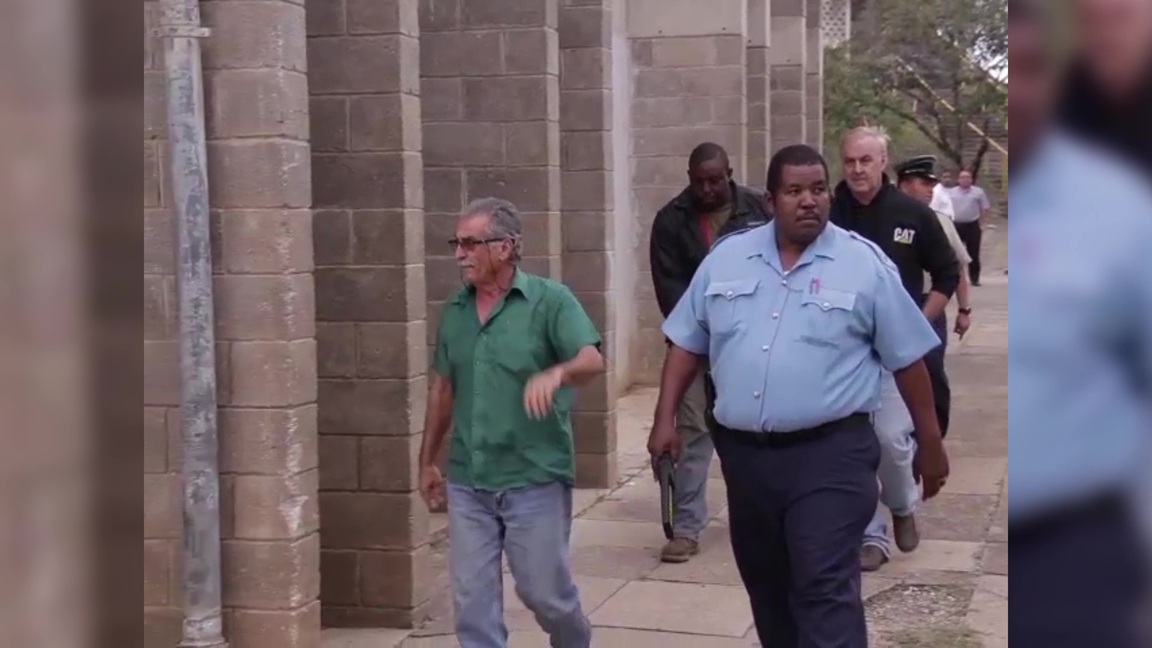Kolbe CEO Responds to Prison Neglect Ruling
Last week, we reported on a major court ruling that’s forcing the Government of Belize to pay nearly three hundred thousand dollars to the family of Jahangir Abadi, a seventy-year-old inmate who died behind bars in 2019. The High Court found that the Belize Central Prison was responsible for his death. Abadi was serving a six-year sentence for abetment to murder, but he was also battling serious health issues, uncontrolled diabetes, chronic kidney disease, and hypertension. His family says the prison failed him, denying him proper medical care when he needed it most. And the court agreed. The ruling pointed to multiple failures: no consistent access to medication, no daily visits from the prison doctor as required, and ignored warnings from private physicians about Abadi’s worsening condition. Today, we spoke with Virgilio Murillo, CEO of the Kolbe Foundation, to find out how this ruling is reshaping medical care inside the Belize Central Prison.
 On the Phone: Virgilio Murillo, Chief Executive Officer, Kolbe Foundation
On the Phone: Virgilio Murillo, Chief Executive Officer, Kolbe Foundation
“The court has made their ruling, the penalties have been paid to the family as far as I was told. All I can say is that when these things happen we as professional and responsible people try to learn from them and we try to do things a little bit better. I am certain that quite a lot of it may have been based on technicality. We may have omitted or overlooked certain procedures or did not apply certain procedures, and that may have cost us. We don’t want to dwell on it, the family has been compensated. We look at the judgement and try to analyze it and highlight those areas that the judge pointed out that we were in breach of or we made error with and we move on. At the end of the day we have a prison to run. The only people who succeed in life are those who make mistakes. I am not going to play sit around here. Then judge in his ruling pointed out certain key observations, which in my mind, because I did not go to testify, it was the medical officer and other officers who interacted directly with the prisoner. When I read the judgement, I felt the things the judge pointed out were reasonable. I highlighted them and advised my staff to read it again and again and again and see how we can ensure those things don’t happen again.”






Facebook Comments